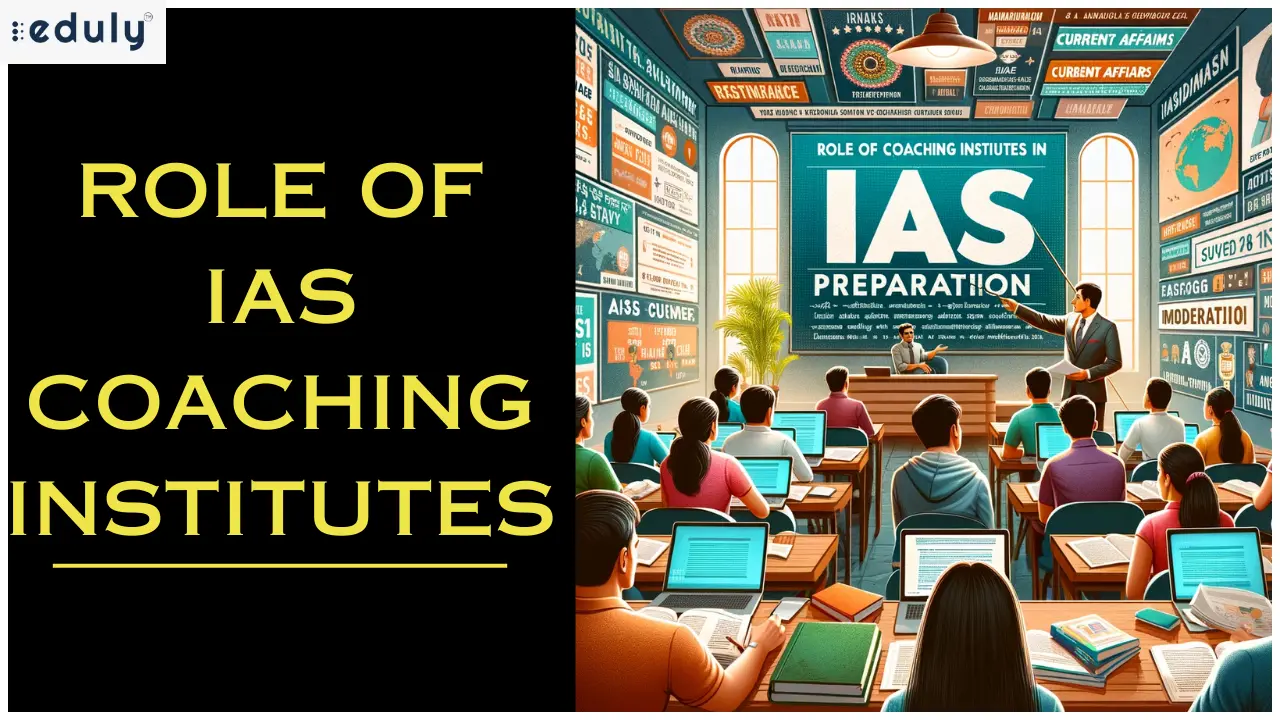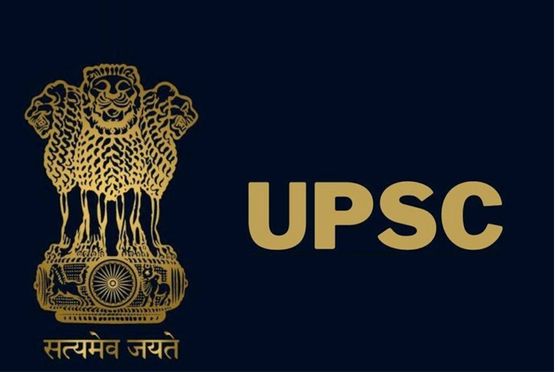Introduction
Upon passing both the UPSC preliminary and main exams, candidates for the Indian Air Force (IAS) advance to the last phase, the Personality Test. In this phase, applicants are assessed on their personalities while knowledgeable judges probe them about their subjects and fields of expertise. The interview can last anything from thirty minutes to an hour. Candidates are judged on their expertise and originality of thought.
Candidates can receive as many as 275 marks during in-person interactions, which will significantly improve their standing on the merit list. After passing the previous rounds, candidates need to reiterate how important it is to study for the personality test.
A major error that could keep you from becoming an IAS officer is approaching the interview with indifference. Giving it your all right up until the very end is crucial. After finishing with strength, unwind and acknowledge your accomplishment.
Knowing the Pattern and Syllabus of UPSC Interviews
An interview is a guided, casual conversation aimed at gathering information about a candidate’s mental qualities, not a strict cross-examination.
A candidate is put to the test by the board on their honesty, depth of comprehension, awareness of current concerns, and ability to analyze and apply these topics in an answer.
Starting two weeks after the major exam results are announced, the two-month interview procedure normally commences. The month of March to May is often when it occurs. The venue, the UPSC on Shahjahan Road in New Delhi, is where it is held. Usually, there are two spots available each day on the timetable. By 9 AM, the afternoon slot opens, and by 2 AM, the afternoon slot.
Five persons typically make up the board. There are two members seated on each side of the chairperson, who occupies the center position. As the interview progresses, the chairperson leads the discussion and asks the first questions.
An interview lasts for around thirty minutes, give or take five. Questions about the candidate’s hobbies and their practical applications, motivation for wanting to enter the civil service, knowledge of the candidate’s education, optional subjects, state-specific issues, international relations, current affairs, and the candidate’s opinion on current and historical issues will all be included in the range of questions. To get the applicants’ thoughts or responses, they might also pose questions that are situation-based.
Preparation Strategy
- Self-Assessment:
You may find this odd, but if you anticipate an IAS interview soon, this is crucial information. People often take themselves for granted and have limited self-awareness, which is a fundamental aspect of human nature. Investigate your many facets and assess your personality on your own. When the panel asks you to “Tell us something about yourself,” this will be a big aid to you in responding.
- Current Affairs:
It is essential to stay informed about the current situation, so keep reading the news and monitoring the news channel. The majority of the interview questions at UPSC center on current events both domestically and outside.
- Diverse Subject Knowledge:
Preparing for optional topics is something that most students overlook. Optional subjects are significant from the interview perspective as well. On the interview board, this is my favorite section. Thus, give it your full attention and don’t take it for granted.
You cannot prepare for an IAS interview without knowing the location and other aspects of your country, especially the state and city in which you currently reside, as UPSC is all about administration. Assemble a comprehensive understanding of your state’s and city’s history.
- Communication Skills:
Being highly skilled in communication can earn you bonus points for your cat. Boost your posture, language, gestures, and the manner you present your viewpoint to the panel. Everything about this is very important.
- Mock Interviews:
Training assists in preventing typical errors. Kind friends and mentors can endorse points and areas for improvement. Interview practice is beneficial, according to IAS high performers like Gaurav Agarwal (2013 All-India Rank 1). Your consistency will also be enhanced by them. Yet, due to the confusion that differing viewpoints from various people can produce, caution should be exercised to avoid losing your true self.
Body Language and Presentation
Speak with energy and radiate positivity. If you heard any unfavorable rumors before the interview, disregard them. Feel refreshed, positive, and optimistic as always.
It will be difficult for you to convey your objectives clearly if your posture, gestures, and body language are out of alignment with your words.
Answering Techniques
Avoid fumbling and rushing into a speech out of anxiety. Whenever you feel anxious, take a deep breath and make an effort not to panic. When this occurs, students should not attempt to create stories because they may not know the answer. If you honestly are unsure of the response, politely decline and explain.
Not everything we create is as large as we thought it would be. During the UPSC interview, an identical scenario occurs. Even the most fundamental and straightforward questions are answered incorrectly by students due to anxiety and dread of the interview. Exercise common sense at all times.
Ethical and Moral Judgement
Interview panels often attempt to mislead candidates by placing them in circumstances that require them to sacrifice their moral principles. Always keep in mind that this is meant to gauge how firmly you hold your beliefs and decisions; never waver.
Don’t lie to the interview panel in an attempt to impress them. Just tell the truth and be sincere. Recall that the interview panel has more experience and information than you have. It would be easy for them to discover when you lie.
Personalized Preparation
Don’t act like a model student or like everyone else only to impress the interview panel. Most coaching classes that help you prepare for the IAS interview advise you to pretend to be an excellent administrator while accepting irrational ideas. Never act in that way. Adopt a straightforward stance and avoid providing false or inaccurate information.
Do’s and Dont’s
Do’s
- Be Respectful: Show respect with your words and body language, as the board members are more experienced than you.
- Talk genuinely: When responding, be sure to seem genuine and professional at the same time.
- Prepare to Provide an Answer: You should have a similar justification if you are going to counter the interviewer’s claims.
- Take proper sleep: Make sure you get enough sleep the night before the interview. At the interview, you should be “fresh” because you cannot learn new information at the last minute. You must focus on the questions and have rapid thought processes.
Dont’s
- Don’t Talk Too Much: Give a challenging question some thought before responding. Answering a question honestly could be a good idea if you are not sure how to respond.
- Avoid criticism: Resist from exposing or criticizing any specific government officials or initiatives.
- Don’t Panic: You may occasionally feel overburdened by the Board members. Don’t convey negativity with your body language. How you handle pressure is what the interviewer is looking for. Make an effort to keep your tension and anxiety levels down.
Wellness and Health
Because physical fitness has a direct impact on your general state of health and wellness, it is crucial to perform well on the UPSC exam. The following justifies the importance of physical fitness while preparing for the UPSC:
- Improved blood flow to the brain through regular exercise and physical activity can lead to improved focus and mental alertness. During extended study sessions or the actual exam, this can be quite beneficial.
- Frequent physical activity can help elevate mood and productivity, which is especially advantageous when studying for extended periods. Additionally, physical fitness can lower the risk of disease and weariness by improving general health.
- Overall health and well-being are important for success in any effort, and they can be enhanced by regular exercise and physical activity. Strong resilience, self-worth, and confidence are all boosted by good health and can help one do well in the UPSC exam.
Conclusion
The UPSC interview resembles a test of personality. Thus, make an honest effort to express your ideas. To appear more professional, please wear a business dress. Ensure that you are carrying the required documentation. To identify their strengths and weaknesses, candidates should try to attend as many interview sessions as they can and organize a small group to discuss ideas. During the simulated interviews, use constructive feedback to improve those areas. Finally, don’t put too much pressure on yourself and go into the interview with total confidence.
Resources for Preparation
Detailed Application Form (DAF) details will serve as the basis for most of the questions. Filling out the DAF requires special attention as a result. Maintaining up-to-date knowledge of current affairs until the interview day is crucial because inquiries about them are likely to arise. The following are hence the essential materials for the UPSC interview:
- Newspapers.
- DAF (depth knowledge of details mentioned in DAF).
Also Read




